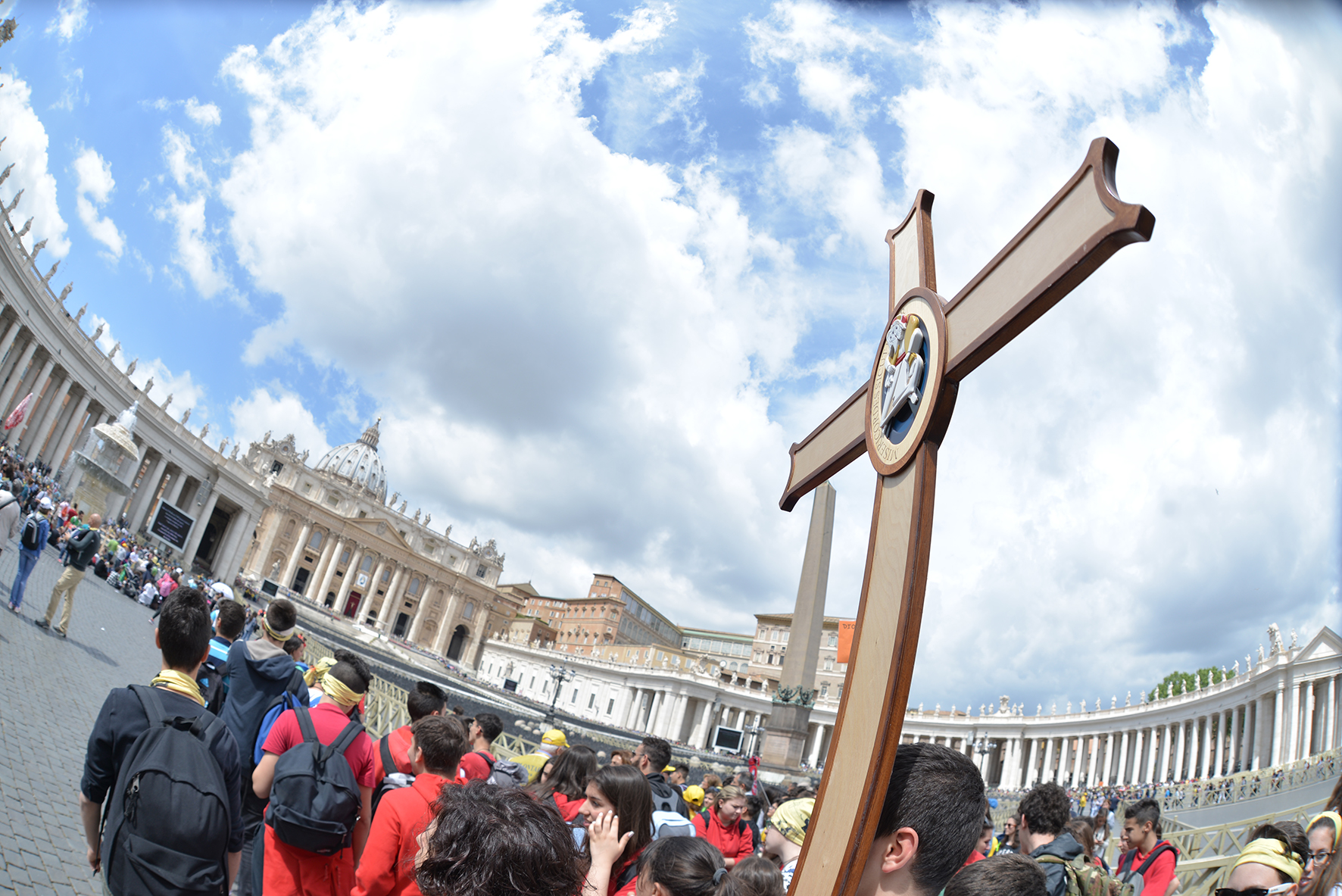Holy Year, a preliminary evaluation
Fr Werner Demmel, head of the Pilgerzentrum Office, in charge of the Pastoral care of Tourism for Catholics in Germany and Austria, noted that the “decentralization” of the Jubilee has curbed the flow of pilgrims to Rome and that is has raised some questions. The guiding figure of Pope Bergoglio, the appeal to mercy. While the sacrament of reconciliation is not fully acknowledged

The German and Austrian Churches “responded with deep faith” to the Holy Year of Mercy. Not only large dioceses, but also individual parish communities have organized pilgrimages to Rome and to the Vatican, highlighting “the importance of the proposal of Pope Francis to fully live the Jubilee also at local level”, and in the shrines and churches that have opened a Holy Door. Fr Werner Demmel, head of the Pilgerzentrum Rom – Deutschsprachige Pilger und Touristenseelsorge, Rome’s Office for German-speaking pilgrims and for the Pastoral Care of Tourism, commented on the experience of the Holy Year by German and Austrian faithful
What is the preliminary assessment of the Holy Year lived by the German and Austrian faithful? Pilgrims have arrived and continue to arrive in Rome certainly following the invitation of the Holy Father and also for religious reasons. First of all it should be said that the flow of German-speaking pilgrims was rather contained, perhaps as a result of the terror attacks in Paris and Brussels, and also because of the invitation to decentralize the event, with the presence of numerous Holy Doors in many dioceses.
The opening of Holy Doors in cathedrals in Germany and Austria prompted reflections and celebrations. In your opinion, having met the German-speaking faithful in Rome, how has the twofold reality of the pilgrimage to St. Peter’s been reconciled with the act of passing through the Holy Doors in the respective home countries?
Both in Rome and in German-speaking countries, the clear words of the Holy Father and his unequivocal signs of mercy, made from the very beginning hold special importance regarding the act of passing through the Holy Doors. From this perspective I believe that for German-speaking pilgrims obtaining a renewal of the sacrament is not yet fully perceived as a driving motivation, or rather, it can be said that such motivation is still “at rudimentary level”. In fact, it appears that many pilgrims are still distant from the sacrament of Reconciliation, they barely have a relationship with it, nor do they seem to fully understand the importance to receive it… Many of them fail to perceive the existing connection between the Holy Year of Mercy and the Sacrament of Mercy. In the best case scenario the theme is not perceived or put into practice by a large majority of faithful at horizontal level, i.e. at interpersonal level. As regards the twofold reality, some people regret the fact of having detached the celebration of the Holy Year from Rome. There ensues that the presence of many Holy doors at national level is sometimes perceived as excessive.
What was and remains the desire of German-speaking pilgrims in their Jubilee pilgrimage to Rome? The Holy Door holds a strong, multifaceted meaning. I think that for many pilgrims passing through the Holy Door constitutes a deeply felt – albeit unexpressed and unconscious – need for a new beginning, for accession and arrival, a need for belonging and a need to “feel secure.”
The German and Austrian Churches play a fundamental role in the management of the refugee and migrant crisis. What are the hopes and prayers shared during the pilgrimages? How are they transmitted, within the sphere of mercy, constantly recalled and invoked by Pope Francis? As far as I know, in a large number of dioceses, ecclesial organizations active in the social realm, Episcopal bodies, and religious communities have seized the occasion to promote and implement a culture of welcome through specific projects and by opening Holy Doors at local level, mindful of the huge migrant flows to Austria and Germany. I have no direct experience of the prayers offered on this theme, but I learned that a lot has been done in this field and the efforts are ongoing.